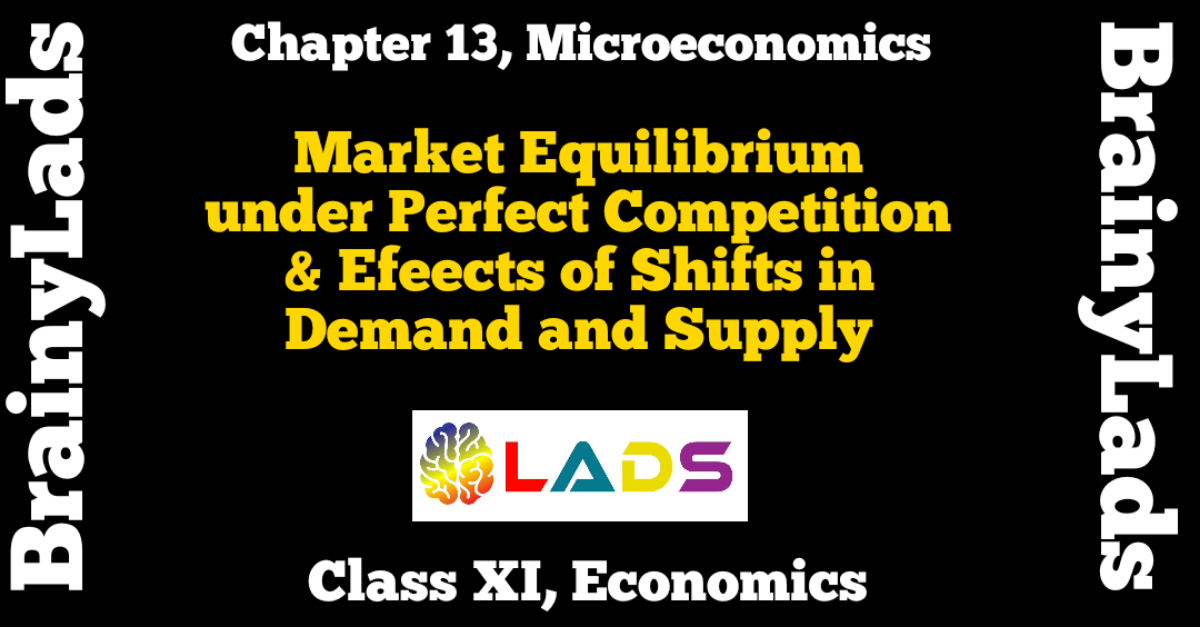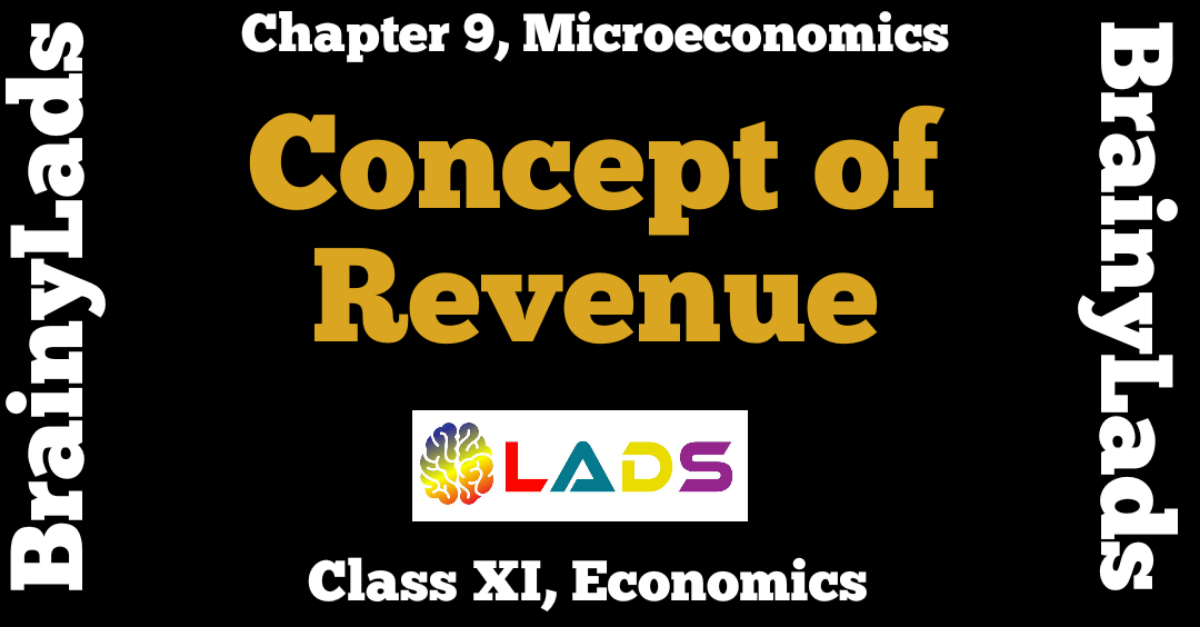Economics and Economy Class 11 | Chapter 1 | Introductory Microeconomics |
Table of Contents
Economics and Economy Class 11 | Chapter 1 |
Economics
Economics is a study of mankind which is concerned with allocation of scarce resources in such a way that producer can maximize profit, consumer can maximize satisfaction and society can maximize welfare. Adam Smith is known to be father of economics. Economics is basically made up of two Greek word ‘oikos and nomos’ which means management of household.
Economic Problems
- Wants are unlimited
- Resources are limited
- Resources have alternative uses
- Problem of choice
Microeconomics and Macroeconomics
MICROECONOMICS – Microeconomics (Micro means small) deals with economic issues and relationship at an individual level and in small economic units like individual consumer, producer, firm etc. It includes demand and supply. It is concerned with price and output of individual. It is often known as “The theory of price”. Under this, macro variables are constant.
Major components of microeconomics are theory of consumer behaviour, theory of producer behaviour and theory of price.
MACROECONOMICS – Macroeconomics (Macro means large) deals with economic issue and relationship at the level of economy as a whole. It includes aggregate demand and aggregate supply. It is concerned with aggregate output and general price level. It is also known as “The theory of income and employment”. Under this, micro variables are constant.
Major components of macroeconomics are theory related to equilibrium level of output and employment, theory related to inflationary and deflationary gap, fiscal ang monetary policies, money supply and credit creation, government budget, exchange rate and balance of payment.
Positive and Normative Economics
POSITIVE ECONOMICS – Positive economics deals with economic issues related to past, present and future. It is a statement which can be verified. For example, Poverty in America is more than poverty in India, it is a positive statement but it is wrong and we can verify it.
NORMATIVE ECONOMICS – Normative economics deals with opinions related to economic issues. It is a statement which can not be verified. For example, pensions of government employees should be stopped, it is just an opinion.
Economy
It is a system which is spread over a particular area that reveals the nature and level of economic activity of that area. It shows how people of the concerned area earn their living.
Types of Economics
- Market Economy
- Planned Economy
- Mixed Economy
|
BASIS |
MARKET ECONOMY | PLANNED ECONOMY |
MIXED ECONOMY |
| Meaning | It is a free economy in which the central problem are solved by market forces. | It is economy in which central problem are solved by central authority. | It is economy in which activities are governed by market forces and regulated by government. |
| Government interference | No government interventions. | Decisions are taken by government. | Intervention of both government and market forces. |
| Objective | Profit maximization | Social welfare | Profit maximization and social welfare. |
| Operations | Controlled by market forces | Controlled by planning commission | Controlled by both market forces and planning commission. |
| Ownership | Factors of production are privately owned | Factors of production are owned by government | Factors of production are owned by both private and government. |
| Consumer sovereignty | Consumer is sovereign | Consumer is not sovereign | Consumer is sovereign |
RELATED
Do share the post if you liked the notes of Economics and Economy Class 11. For more updates, keep logging on BrainyLads



